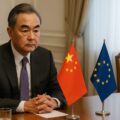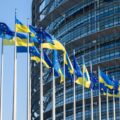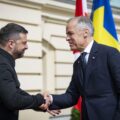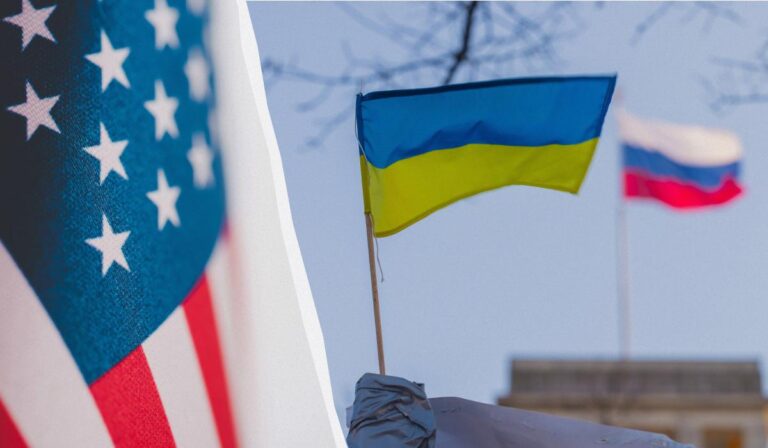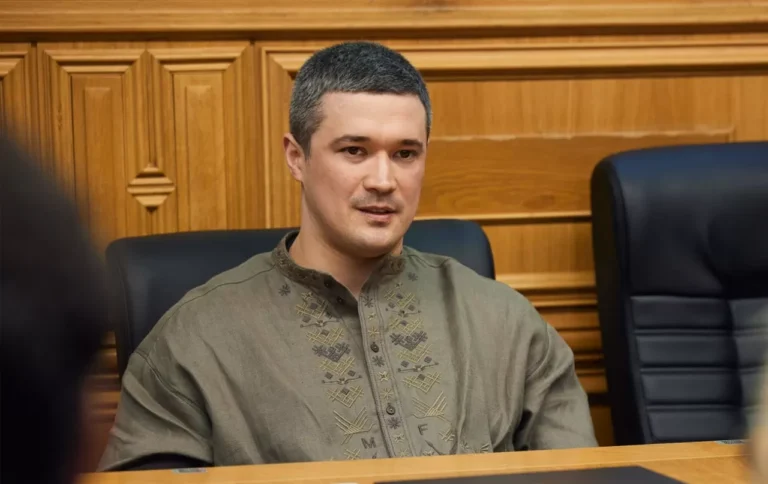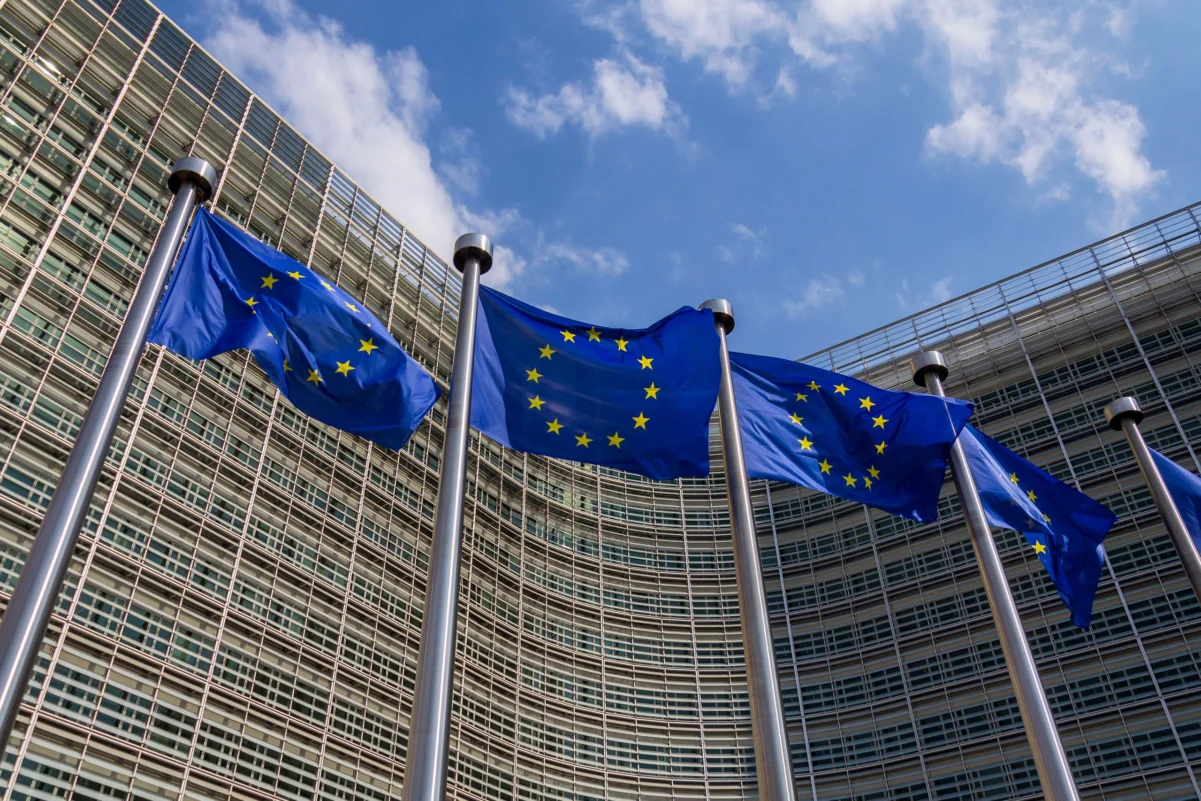
Restrictions for Russian Diplomats in the EU: What Is Known About the New Sanctions Package and Real Mechanisms for Countering Espionage
Since the start of Russia’s full-scale aggression against Ukraine, the topic of espionage activities under diplomatic cover has repeatedly come under scrutiny in European Union countries. In recent months, the EU has faced the need to make a decision that could fundamentally change the rules of the game restricting the freedom of movement for Russian diplomats within the bloc. The proposal, which has already been circulated among EU ambassadors, concerns not only embassy staff but also members of the administrative and technical personnel and their families. It has been included in the draft of the 19th package of sanctions against Russia, which is currently under discussion.
Recent months have been marked by a series of incidents that European intelligence services associate with the actions of Russian agents on EU territory. In the draft decision, EU officials frankly state:
“Russian diplomats are often involved in activities that go beyond the diplomatic sphere from information influence and manipulation to coordinating operations that may have the characteristics of interference in the internal affairs of member states.”
These risks have become the impetus for developing mechanisms to control the movement of Russian diplomatic staff.
What the New Proposal Involves
According to the proposal prepared for consideration by the EU, Russian diplomats accredited in any EU member state must notify the authorities of another country about their intention to visit or transit through its territory at least 24 hours before crossing the border. This applies not only to diplomats themselves but also to their families and administrative-technical staff. The notification must specify the means of transport, date, and point of entry or exit.
The procedure provides that the country being notified has the right to grant or deny entry or transit. In this way, the EU seeks to deprive Russian intelligence agencies of the ability to freely use diplomatic status to coordinate operations in various EU countries. As emphasized in the explanatory note to the proposal:
“These measures are intended to reduce the risks of coordinating activities that could harm the security of member states and destabilize the situation in Europe.”
Exceptions and International Law
The document specifically emphasizes that the restrictions do not apply to movement within the country of accreditation. This is an important legal nuance since such a provision complies with the Vienna Convention on Diplomatic Relations of 1961. EU countries underline: their goal is not to complicate the work of diplomatic missions, but to minimize risks associated with the possible abuse of diplomatic status. At the same time, member states reserve the right to deny entry or transit if there are justified suspicions regarding the purpose of the trip.
Internal EU Debates: Who Supports, Who Opposes
The process of agreeing on the proposal has not been simple. Initially, some countries, notably Hungary, opposed the new restrictions, but later the veto was lifted. Austria insisted on including a provision in the package to lift sanctions on the assets of Russian oligarch Oleg Deripaska. The aim of this step is to compensate Austrian bank Raiffeisen, which suffered losses in Russia. At least 12 EU member states opposed this demand, stressing that concessions on sanctions should not become a tool for political bargaining. A final legal decision on the new rules has not yet been made the issue remains under discussion, and it is possible that the final vote may be postponed. According to open sources, some member states advocate considering the entire package of sanctions at the highest-level summit. This only underscores the complexity of the internal balance in the EU’s policy towards Russia.
Post List
Real Consequences and Significance
The introduction of such restrictions is aimed not only at controlling the movement of Russian diplomats but also at strengthening the overall security of EU countries amid hybrid threats. The European Union openly states: “We cannot allow Russian diplomats to use their freedom of movement to coordinate actions that threaten the security of the EU and allies of Ukraine.” The issue is not only about espionage but also about preventing information attacks, interference in electoral processes, and the spread of disinformation. For Russia itself, such restrictions will mean significant complications for planning operations on EU territory now every trip requires additional coordination and can be blocked by the decision of any member state.
Analyzing the course of discussions and the structure of the document, it can be said that the European Union is attempting to move from symbolic statements to real control tools. However, political compromises, internal struggles over wording, and the presence of lobbying groups within the EU make it impossible to say that restrictions on Russian diplomats will become truly comprehensive in the near future. The biggest challenge for the EU now is to ensure that the decisions made do not remain merely on paper. This requires not only political will but also coordinated action among all member states, effective information exchange, and transparent control over the implementation of new rules. The topic of restricting the freedom of movement for Russian diplomats is a test for the EU’s ability to respond to 21st-century threats. That is why the outcome of these negotiations and the introduction of new rules will determine not only Europe’s security but also the credibility of the bloc’s capacity to make strategically important decisions in a time of hybrid warfare.






